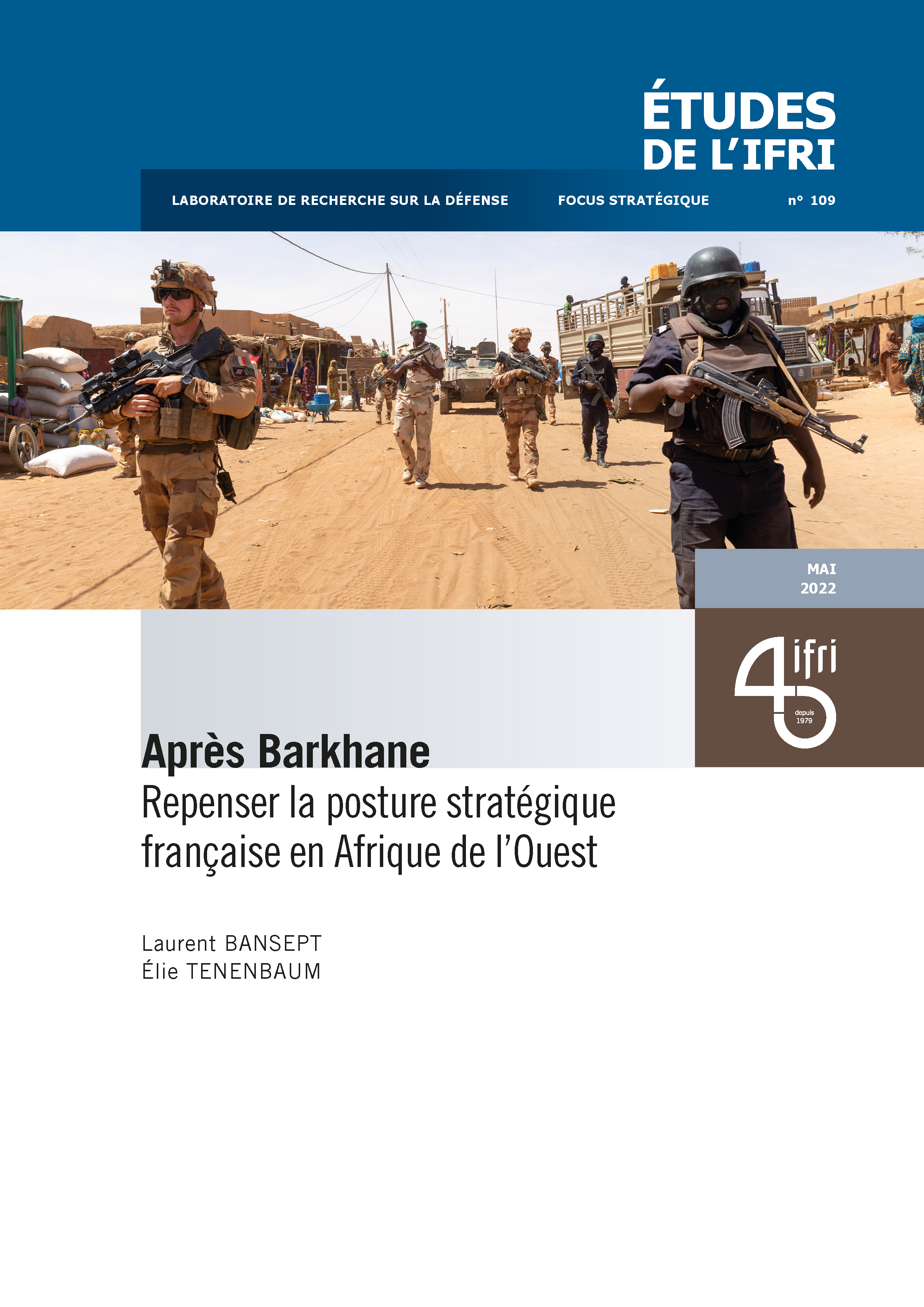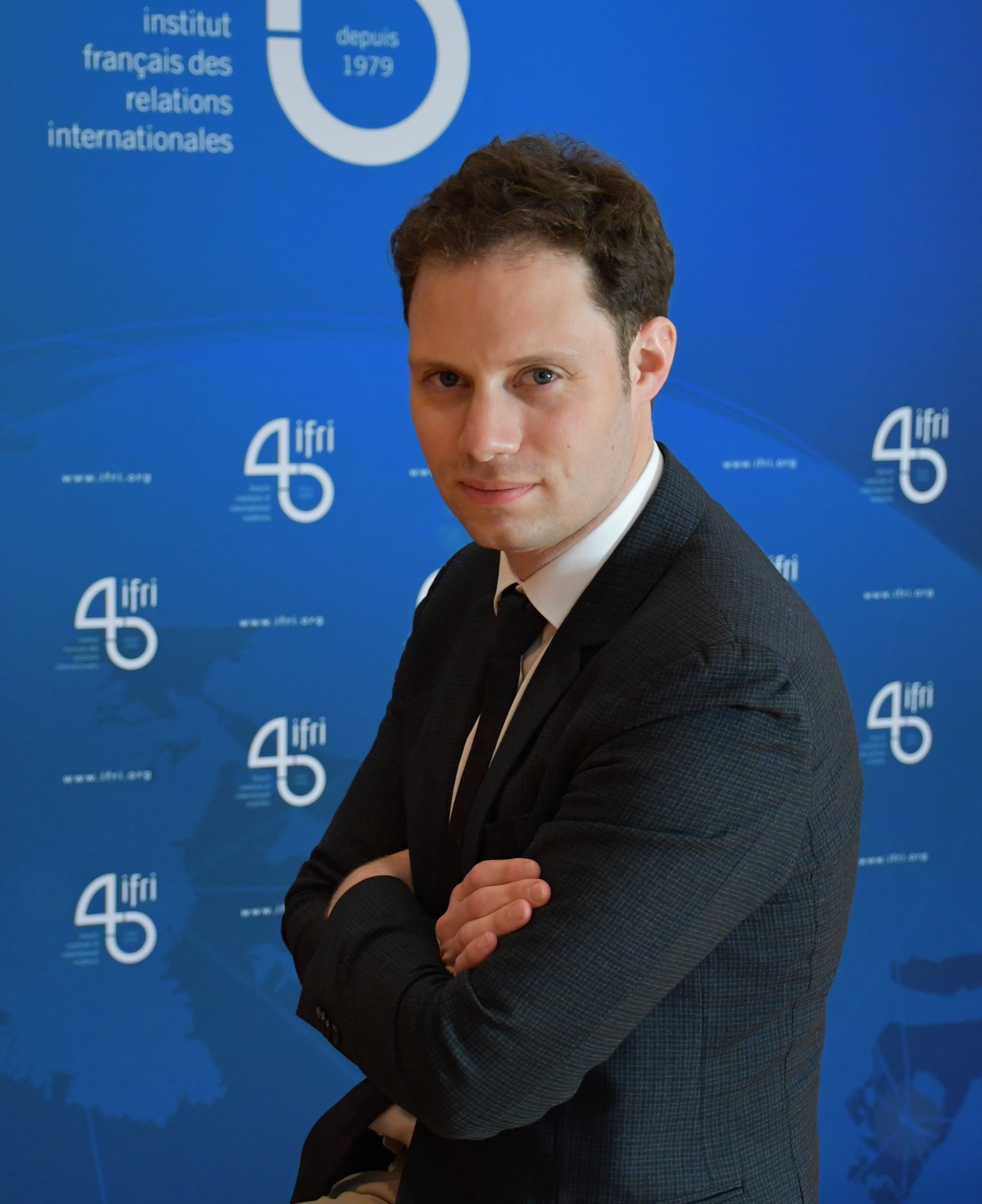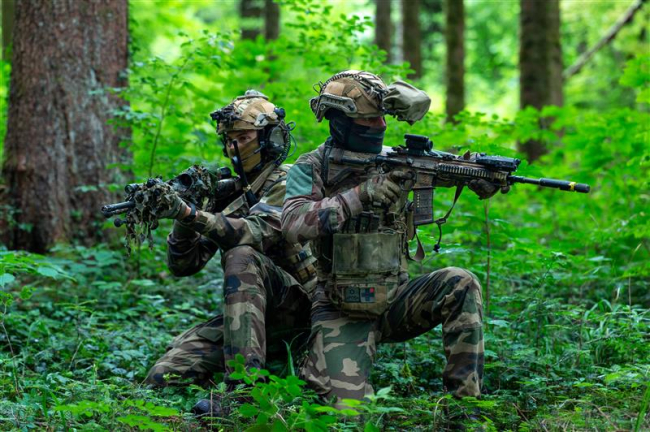After Barkhane: Rethinking France’s Strategic Posture in West Africa


While building a solid combat partnership with local forces was at the heart of French strategy, the tricolor flag is leaving Mali in a context of diplomatic rupture and unequivocal progress of Russian influence in the country. At the same time, the outbreak of war in Ukraine transformed the European geopolitical landscape, unavoidably questioning France's expeditionary posture and its efforts to Europeanize the fight against terrorism in the Sahel. Finally, the jihadi threat continues to progress, gradually making its way to the countries of the Gulf of Guinea where the key French political, economic and security interests in the region are located.
This evolution makes it even more urgent for France to adapt its military and strategic posture in the entire region. It must first aim to redefine its ambitions and objectives, with a clear appreciation of the resources that can be devoted to them. Finally, it must lead to a global and coherent adaptation of its system.
This content is available in French: "Après Barkhane : repenser la posture stratégique française en Afrique de l’Ouest".
Related centers and programs
Discover our other research centers and programsFind out more
Discover all our analysesMapping the MilTech War: Eight Lessons from Ukraine’s Battlefield
This report maps out the evolution of key technologies that have emerged or developed in the last 4 years of the war in Ukraine. Its goal is to derive the lessons the North Atlantic Treaty Organization (NATO) could learn to strengthen its defensive capabilities and prepare for modern war, which is large-scale and conventional in nature.
"Iron Swords" A Military Analysis of Israel's War in Gaza
On October 7, 2023, Hamas' attack, dubbed “Al-Aqsa Flood,” caused a major shock and led Israel to launch the longest war in its history. Operation “Iron Swords” was notable for its unprecedented intensity, both in terms of the massive ground forces deployed and the firepower used.
Saudi Arabia’s Nuclear Temptations. Lessons Learned from Regional Instability
Saudi Arabia’s integration in the international arena and regional stability, notably through reducing its dependence on fossil energies, are crucial elements for the success of the Kingdom’s Vision 2030, the Crown Prince’s top priority. However, Mohammed bin Salman’s declarations in 2018 and 2021, indicating that “if Iran develops a nuclear bomb, we will follow suit as soon as possible”, combined with the recent strikes on key Iranian nuclear facilities, do not bode well for the future of the Kingdom, the region and the non-proliferation regime at large.
The Future of Air Superiority. Command of the Air in High Intensity Warfare
Air superiority, understood as control of the air, is a cornerstone of the Western art of warfare. It is a decisive condition, albeit not sufficient by itself, to achieve military victory, as it enables the concentration of air power toward the achievement of wider strategic objectives and protects other components from unbearable attrition levels. It is best achieved through the offensive use of air power in a joint effort to neutralize the enemy’s air power.
















